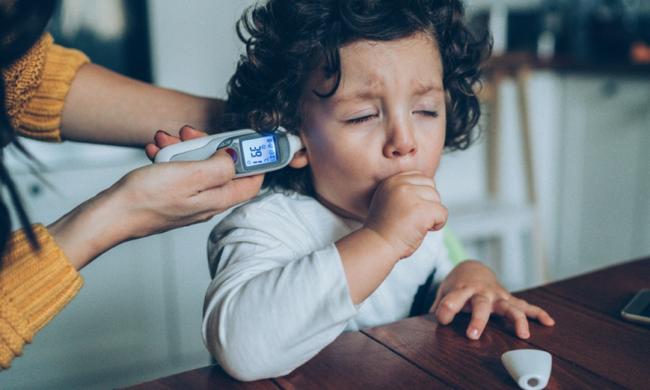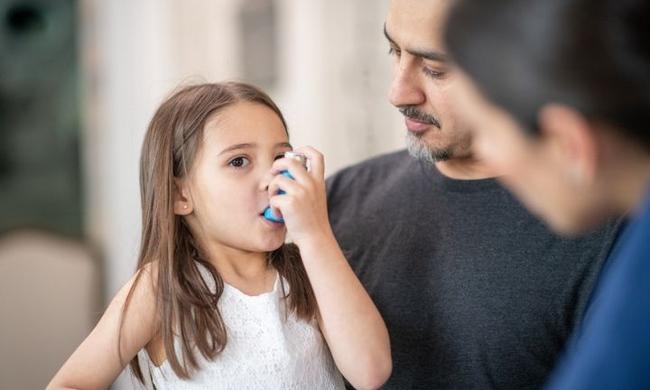What you need to know about RSV. Respiratory syncytial virus cases on the rise
Doctors have warned parents to be on high alert for symptoms in children as cases are expected to rise during the horrific flu season ahead.
Lifestyle
Don't miss out on the headlines from Lifestyle. Followed categories will be added to My News.
Have you noticed everyone seems to be sick right now? With summer over and the cooler weather looming, more and more sniffles are being heard around work, home, daycare and schools.
Winter is certainly coming and doctors have even warned parents to be on high alert for RSV (respiratory syncytial virus) symptoms in children as cases are expected to rise during the horrific flu season ahead.
Want to join the family? Sign up to our Kidspot newsletter for more stories like this.

What is RSV?
Respiratory syncytial virus, or RSV, is an upper respiratory infection common in children aged two and under.
Most kids have had the virus by the time they are three, so chances are you've experienced it already in your home. Or will at some point.
But that's not to say adults don't get it. Elderly people are also being warned to be on high alert as it can affect them just as much as a baby. In fact, a new vaccine has now been introduced to adults aged 60 years + who might be struggling with the virus.
What causes respiratory syncytial virus?
RSV infections are very common in the autumn and winter months. It is a viral infection that can lead to bronchiolitis and pneumonia.
Kids are infectious for up to ten days after they get sick so they can easily spread the illness to other kids through sneezing, coughing or other physical contact.
Introducing our new podcast: Mum Club! Listen and subscribe wherever you get your podcasts so you never miss an episode.
How do I know if my child has respiratory syncytial virus?
RSV symptoms include cough, fever, runny nose, and headache. The symptoms are much worse when the infection is severe, and your child might have a high fever, wheezing, severe cough, and trouble breathing.
Babies with RSV might not show any serious symptoms but might be irritable and listless.
RELATED: Do kids need a COVID-19 test every time they’re sick?
Is respiratory syncytial virus serious?
Most kids recover in a week to ten days. However, for some kids, the infection might be more serious and they may experience difficulty breathing.
Can I prevent respiratory syncytial virus?
Since it is caused by a virus, the best prevention against RSV is to teach kids to wash their hands. If your child gets RSV, keep her home from child care or school until they are no longer contagious. After your child gets RSV, they may be immune from getting it again for a while, but this immunity usually doesn't last long.
RELATED: Croup: Everything you need to know

RELATED: Everything you need to know about hand foot and mouth
How do I treat respiratory syncytial virus?
Most kids recover from RSV in a week to 15 days. Make sure that your child gets lots of rest, plenty of fluids, and use paracetamol for fever and achiness. Keep her home from child care or school until they feel better.
Should I call the doctor?
There is usually no need to call the doctor unless your child appears to have a severe case of RSV. If your infant was premature, they may be more susceptible to severe RSV, so you should call the doctor right away.
If you're concerned about your child's health, please speak to your local health practitioner for advice.
More Coverage
Originally published as What you need to know about RSV. Respiratory syncytial virus cases on the rise





